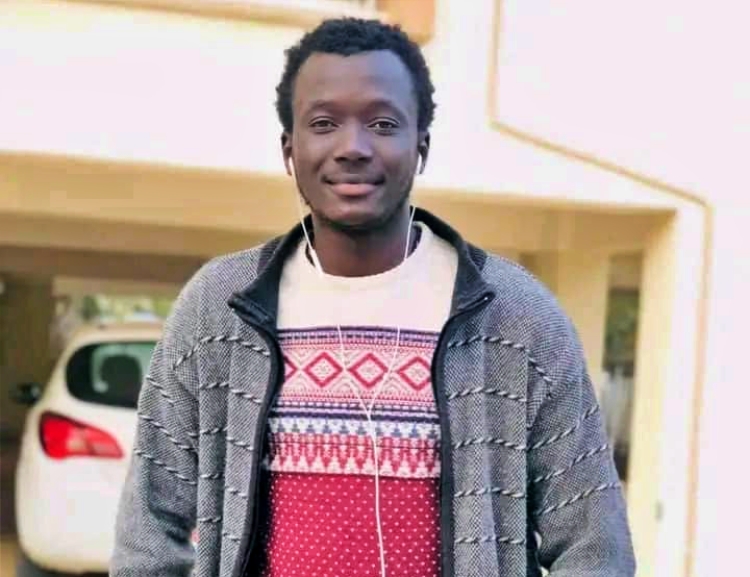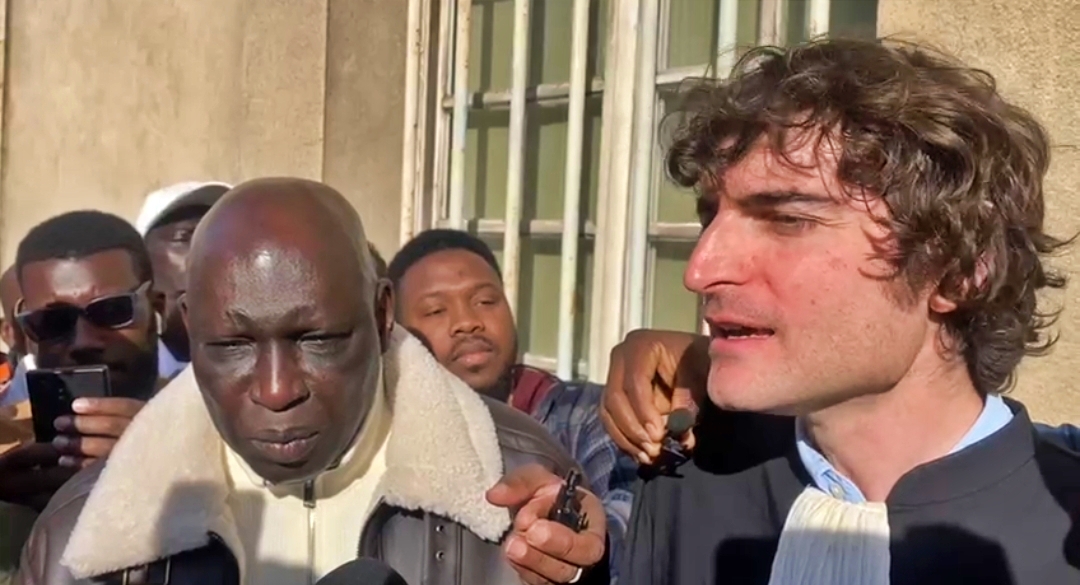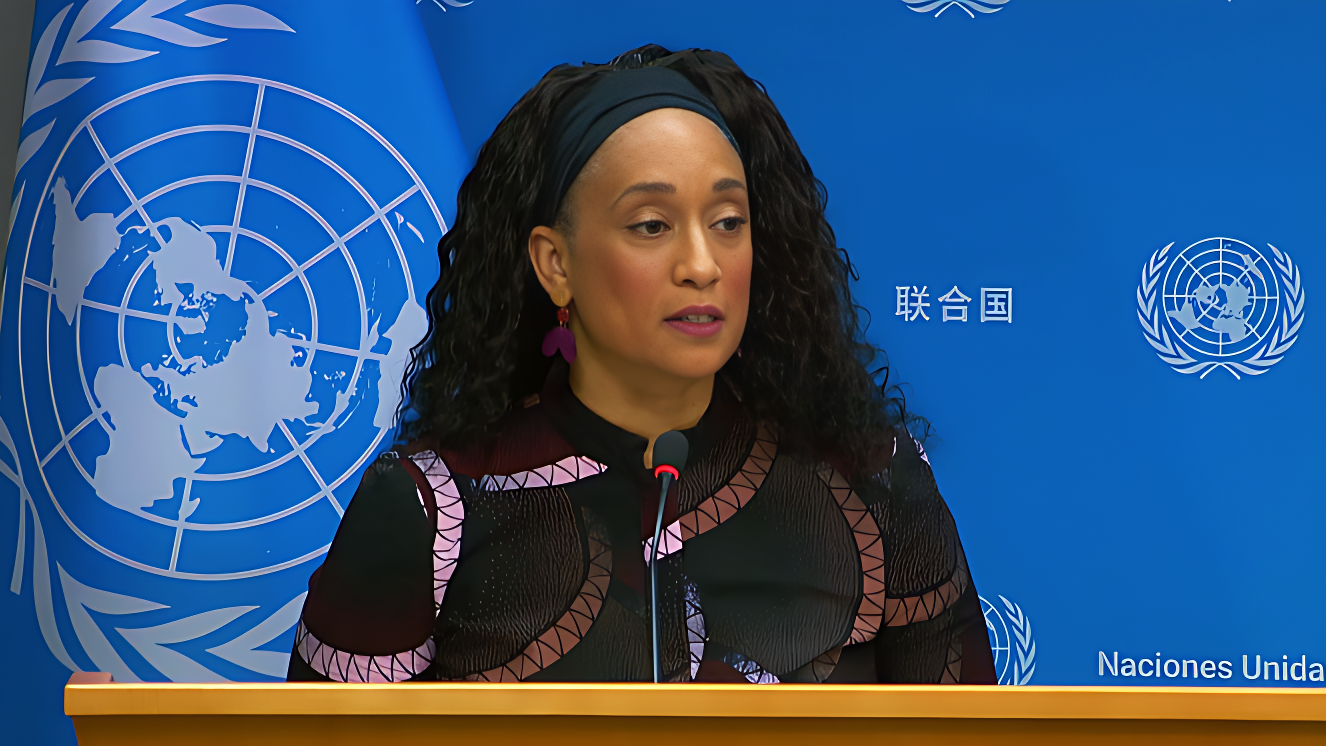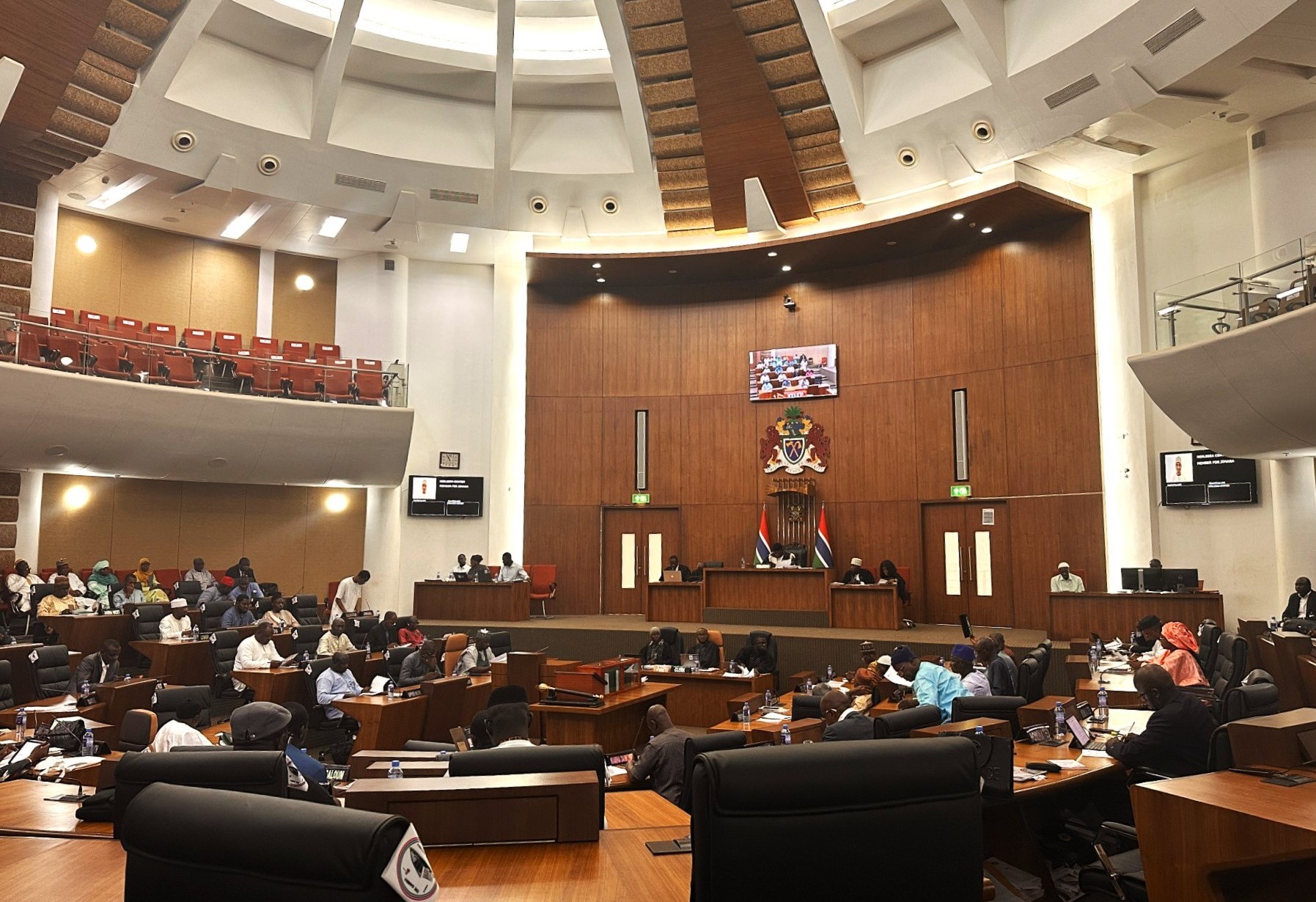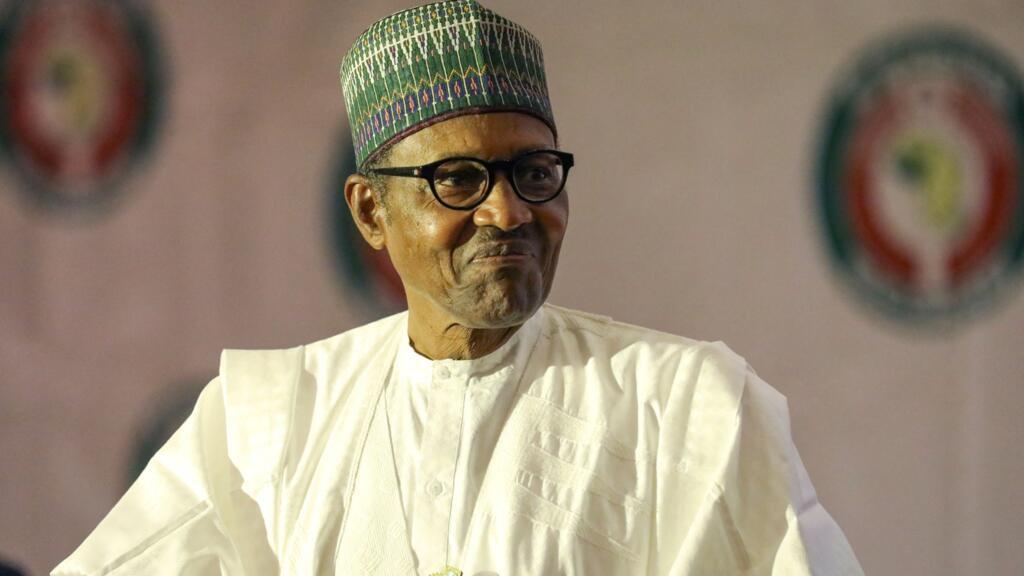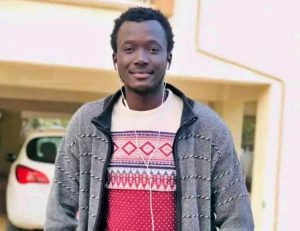Gambiaj.com – (LONDON, United Kingdom) – Nigeria’s former President Muhammadu Buhari has died at the age of 82 in a London clinic, according to the BBC. A former military ruler turned elected leader, Buhari leaves behind a complex legacy marked by personal integrity, authoritarian tendencies, and unmet promises of reform.
Born in December 1942 in Daura, Katsina State, Buhari first rose to national prominence as a no-nonsense general in the Nigerian army. He came to power through a coup in 1983, ruling Nigeria with an iron hand for 20 months during a period remembered as much for its war on corruption as for its repression.
Yet it was his return to power as a civilian in 2015 that defined the second half of his public life. After three failed attempts at the ballot box, Buhari made history as the first opposition candidate to defeat a sitting president in Nigeria. Riding a wave of public discontent with corruption and insecurity, he secured re-election in 2019.
Despite the early optimism, Buhari’s presidency was marred by economic decline, worsening insecurity, and disillusionment among his supporters.
Falling oil prices plunged Nigeria into its worst recession in decades, while the president’s promised crackdown on the Islamist insurgency Boko Haram yielded limited success. Militant violence, mass abductions by so-called “bandits,” and farmer-herder clashes surged during his tenure.
Critics also accused Buhari of failing to confront the herder crisis with the same vigor applied elsewhere, citing his Fulani ethnicity as a conflict of interest. Meanwhile, security forces were implicated in human rights abuses, including the infamous crackdown on peaceful protesters at Lagos’ Lekki tollgate in 2020.
Still, Buhari maintained a reputation for personal honesty, even as questions persisted about whether systemic corruption was ever truly addressed.
His “war against indiscipline,” both as military and civilian leader, earned him loyalists, especially among the northern poor, or talakawa. But it also earned him nicknames like “Baba Go Slow” due to his lethargic governance style, including a six-month delay in appointing ministers in 2015.
Perhaps nothing symbolized public disappointment more than the soaring price of rice—Nigeria’s staple food—under his administration. A bag that once cost 7,500 naira under his predecessor rose to 60,000, following Buhari’s ban on rice imports aimed at boosting local production. But domestic supply fell far short of demand, deepening hunger.
Buhari’s final years in office were clouded by frequent health absences and his opaque handling of his medical condition, leading to speculation and frustration at home.
His controversial currency swap policy ahead of the 2023 elections, seen by many as an attempt to undermine his party’s candidate, Bola Tinubu, further strained his image. Though Tinubu eventually won, the move triggered widespread hardship due to cash shortages.
Born into a large family—his mother’s 13th and his father’s 23rd child—Buhari was shaped by the rigors of military life and a strict northern upbringing. His brief tenure as oil minister in the 1970s and later as military ruler earned him a reputation as a disciplinarian.
Yet, his re-entry into politics in the 2000s marked a pivot, as he portrayed himself as a converted Democrat willing to work within Nigeria’s multiparty framework.
Despite his mixed record, Buhari’s legacy will be debated for years to come. For some, he was the incorruptible leader Nigeria needed; for others, a symbol of lost hope and missed opportunities.
He is survived by his wife, Aisha Halilu, and 10 children.




